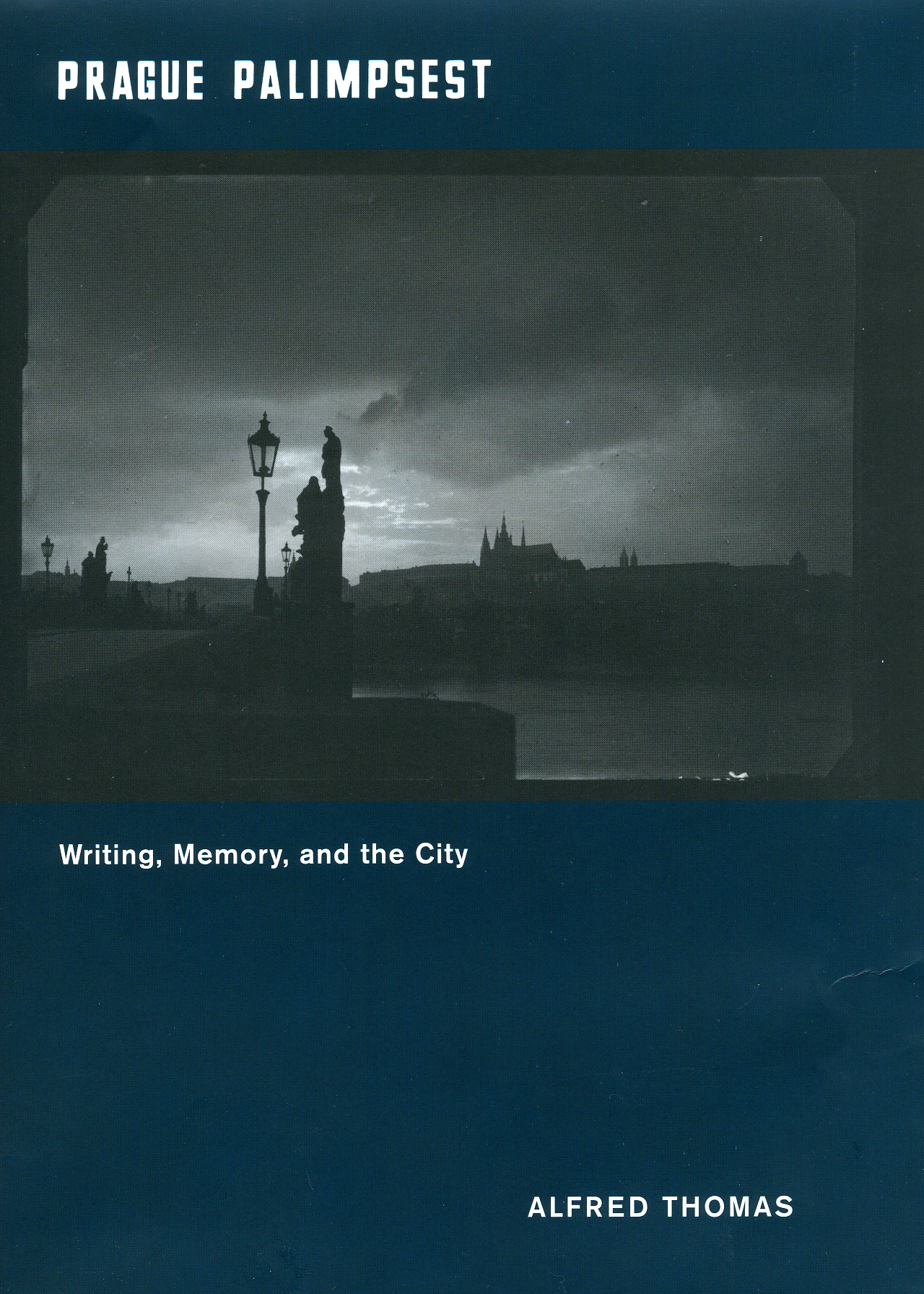The Unbearable Lightness of Reading
John Simon is off and running in the New York Times with a review of Czech novelist-in-exile-now-French-citizen and perpetually rumored Nobel Prize nominee Milan Kundera’s new “essayistic” book Encounter. The collection of 26 pieces, ranging in size, provides commentary on the twentieth-century artists, writers, philosophers, filmmakers, and other cultural luminaries that Kundera champions—those who “keep beauty alive,” as Simon aptly states.
The review includes some juicy bits from the book itself, including reference to the great Czech writer and advocate of the long sentence, Bonhumil Hrabal:
“A world where a person can read Hrabal is utterly different from a world where his voice could not be heard! One single book by Hrabal does more for people, for their freedom of mind, than all the rest of us with our actions, our gestures, our noisy protests!”
 Kundera’s lingua franca has always been, well, a lingua franca (albeit one of disappearance and return, both somberly and stubbornly poetic in its redefinitions)—Alfred Thomas, author of Prague Palimpsest: Writing, Memory, and the City, captures Kundera’s reinvention of Franz Kafka as the prophet of a city of political forgetting in his magisterial tome The Book of Laughter and Forgetting (1979):
Kundera’s lingua franca has always been, well, a lingua franca (albeit one of disappearance and return, both somberly and stubbornly poetic in its redefinitions)—Alfred Thomas, author of Prague Palimpsest: Writing, Memory, and the City, captures Kundera’s reinvention of Franz Kafka as the prophet of a city of political forgetting in his magisterial tome The Book of Laughter and Forgetting (1979):
“The point is that Kundera is not analyzing Kafka as an artist but recuperating him as a dissident intellectual, ironically, an extension of the tradition of the committed small-nation writer which Kafka sought to escape by effacing Prague from his work. The next step in this process of reinvention is to turn Kafka back into a Prague writer.”
It’s not just Kundera and Kafka who Thomas takes on in Prague Palimpsest—the book itself envisions Prague as multilayered text, palimpsestically revised and rewritten, from the perspectives of medieval chroniclers, avant-garde modernists, and dystopian commentators. Thomas engages with the work of its legendary literary figures—Kafka, Kundera, Hrabal, and Rilke among them—but also procures the stories of the authors who wrote the city as outsiders (Celan! Sebald! Apollinaire!), hinting at how Prague, more than any other European city, has haunted the political and cultural imagination of the West.
Kundera’s book leaves Simon feeling “challenged and instructed, amused, amazed and aroused, and ultimately delighted.” For the rich history of Kundera’s literary homeland and the source of his own fluid erasures and remembrances, why not check out Prague Palimpsest and provide yourself another opportunity to encounter the Golden City of memory and forgetting?